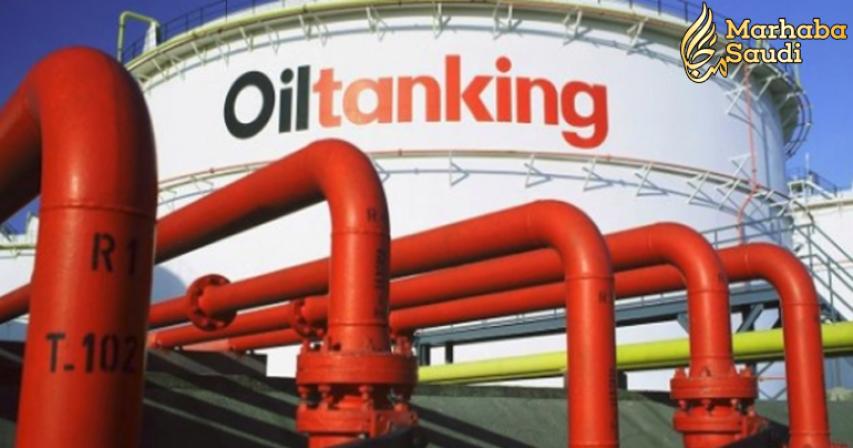Saudis May Hike July Oil Prices To Asia To More Than 4-Year-High

Saudi Arabia may raise again its official selling prices (OSPs) for oil bound for Asia in July, and the price of its flagship Arab Light crude could reach its highest since February 2014, a Reuters survey of five refiners and traders showed on Friday.
The possible increase could come as Asian demand for Middle Eastern crude oil is growing ahead of the peak summer oil consumption period, and as the Dubai oil benchmark has gone deeper into backwardation—the market situation in which front-month prices are higher than prices further out in time—a sign of rising demand for prompt deliveries.
According to the Reuters survey, Saudi Aramco may raise the OSP for Arab Light to Asia by as much as US$0.40 per barrel to a premium of US$2.30 a barrel to the Oman/Dubai Middle East benchmark. This would be the highest OSP for Arab Light in Asia in more than four years—since February 2014 when the OSP was set at a US$2.45 premium to Oman/Dubai.
Although they expect such a rise, most of the survey respondents hope that the increase for Arab Light would be smaller, due to weaker jet fuel margins and to potential Saudi concern that a big price hike would make its Arab Light grade uncompetitive compared to other Middle Eastern crudes and Russian grades of similar quality.
Moreover, with rising U.S. oil exports to Asia and the wide WTI Crude discount to Brent Crude, Asian refiners have seized the opportunity to boost the cheaper U.S. crude oil imports and are cutting some pricier imports from the Middle East, particularly after Saudi Arabia’s recent pricing policies that raised prices for the Asian markets.
“I recommend Saudi to keep the Arab Light price the same because they (unexpectedly) raised the price in May,” a buyer at a North Asian refiner told Reuters.
China’s Sinopec, for example, is said to have cut its June imports of crude from Saudi Arabia by 40 percent for the second month in a row because of the high prices.
By Tsvetana Paraskova for Oilprice.com
/ Source: oilprice





Comments